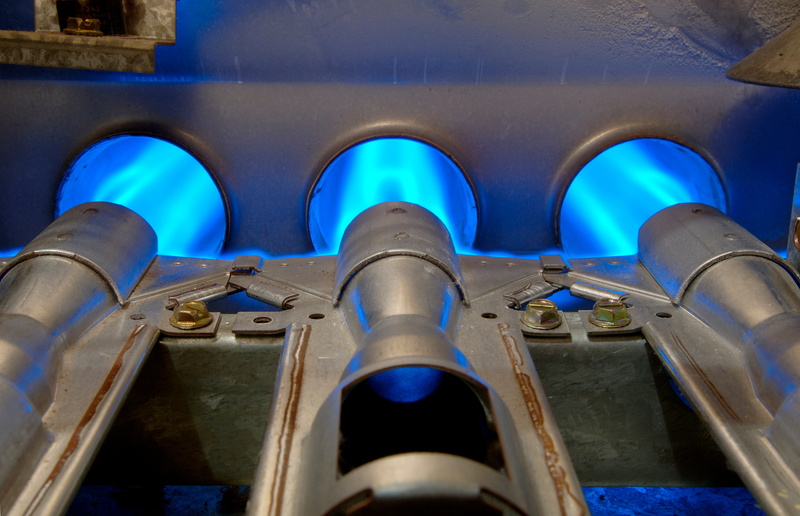As conventional energy resources dwindle and become more expensive, alternatives increase in popularity. Heat pumps in Kirkland, like the natural heat they harness, are fast rising to the surface.
Tapping the stored energy of the greatest solar collector in existence, ground source heat pumps (GSHPs) are electrically powered systems that tap the earth’s relatively constant temperature to provide cooling, heating, and hot water for homes and commercial buildings. Simple, efficient and abundant, heat pumps are best used in moderate to hot climates where the differential of temperatures is not extreme.
In General
Functioning on the same principle as refrigerators, the heat pump uses a liquid to absorb heat as it turns into a gas and release heat as it returns to a liquid state. During the summer, the heat pump operates as a standard central air conditioner, removing heat from the house and venting it to the outside.
In the winter, the heat pump reverses this process, extracting heat from the cold air outside and releasing it inside the house. The heat pump is very efficient when the outside temperature is around 45 degrees Fahrenheit to 50 degrees Fahrenheit, but it becomes less efficient as the temperature drops.
The Heart of the Matter
The reversing valve in the heat pump switches the process from absorbing heat from the inside to evacuate outdoors like an air conditioner to extracting heat from cold temperatures outside and redistributing it indoors. The thermal energy at play is the natural force of heat to move toward cooler temperatures, releasing energy in the shift. Heat pumps take care of both and the reversing valve controls the direction of the flow.
The reversing valve has two states of operation: relaxed and energized. In the relaxed state, the heat pump can be programmed to introduce either heated or cooled temperatures into the conditioned space, depending on the direction of the flow of refrigerant through the closed loop.
By applying a 24 volt charge of AC current (a low voltage typically used in HVAC systems), the valve becomes energized and reverses the flow, producing the opposite conditioning. The reversing valve may be driven by the heat pump through the use of a control board or directly by a thermostat.
As energy resources rapidly change in cost and supply, heat pumps utilizing geothermal energy are looking like a viable alternative in today’s market. To learn more about this heating option please call Sound Heating
Continue Reading
Tags: Des Moines, Fife, Kirkland
Posted in Ground Source Heat Pump, Heat Pumps, Kirkland Heat Pump | Comments Off on How Can Heat Pump Reversing Valves Help Heat Homes in Kirkland?


